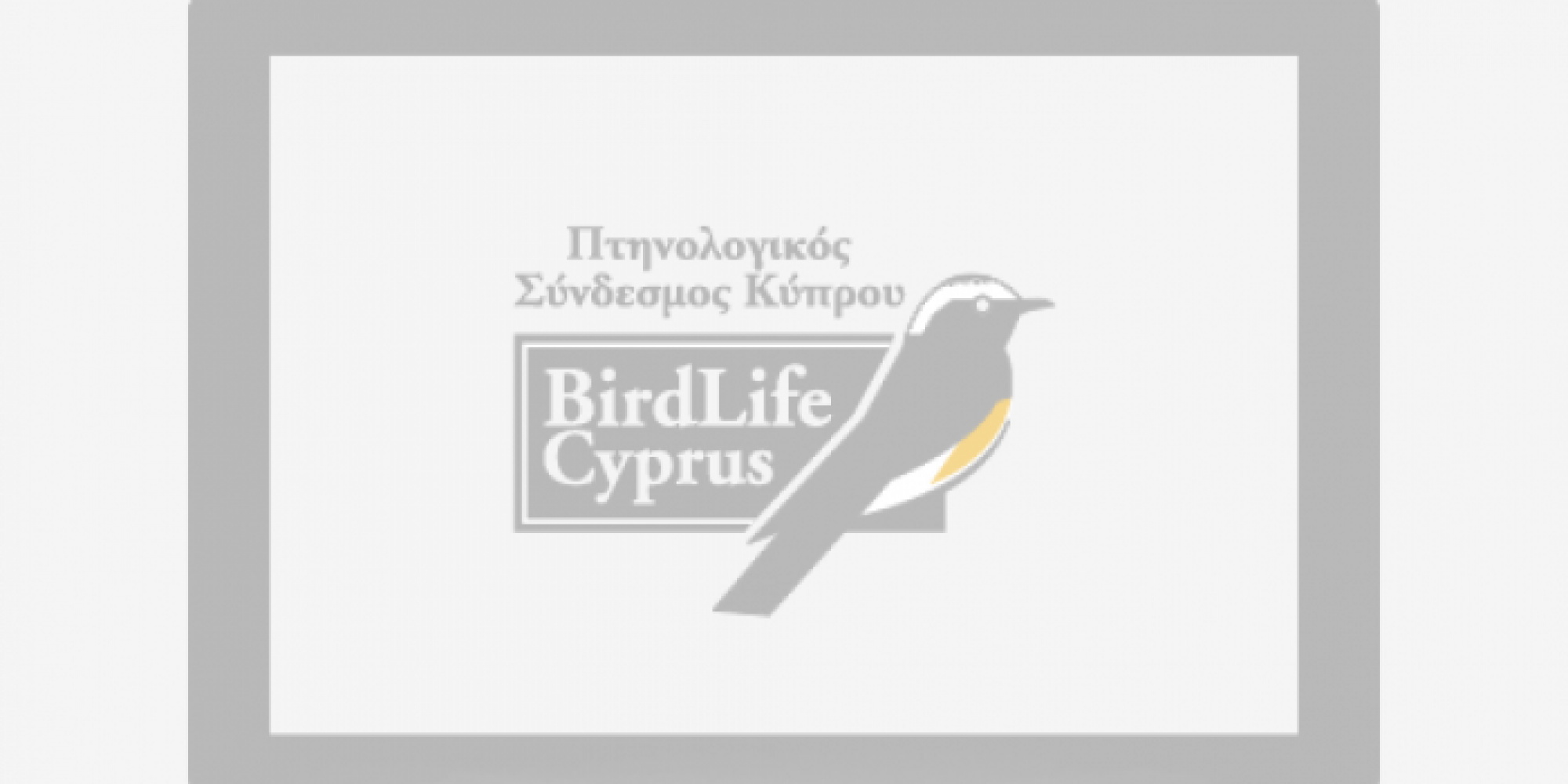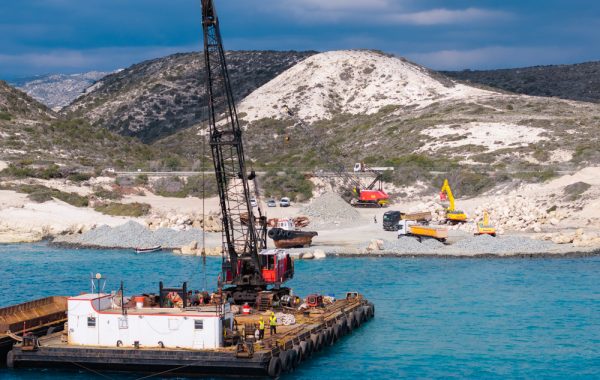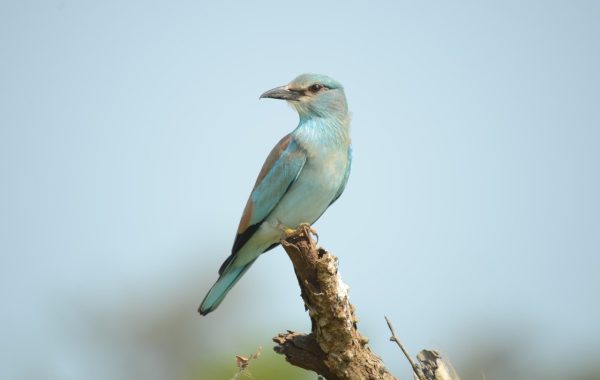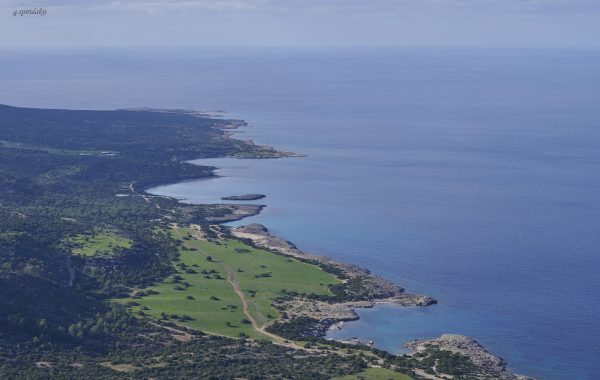You might remember that back in February, we announced that six vultures were found dead in the area of Paramali / Sterakovou in Limassol all within a 3km radius. One more, the seventh, had been found dead in November 2015 in the same general area. We had hypothesized that there could be three different causes for the deaths, primary poisoning, secondary poisoning (which happens when an animal eats another animal which has been poisoned), or from eating dead animals treated with NSAIDs, which are very toxic for vultures. Since the government agencies were not in a position to determine the cause of death, finally the samples taken from the dead vultures were sent to Israel, where the Nature and Parks Authority of Israel generously offered to carry out the tests.
The results raise various concerns, for which BirdLife Cyprus will seek to get action. Firstly, the availability of this toxic substance is of grave concern, either because the substance continues to be illegally available in Cyprus, or because interested parties bring it / purchase it from the occupied north, where we understand that it can be found. Both scenarios are extremely worrying. Furthermore, it is very worrying that the birds were found so dispersed, something which is unusual for these kinds of primary poisonings. Primary poisonings in other countries tend to be associated with poisoning events concerning one big dead animal, and usually the vultures are found dead around it. In this case, as mentioned above, they were found over the course of a month, over a radius of 3km approximately. So this suggests that they ate smaller pieces laced with the toxic substance, such as poisoned baits used for foxes or stray dogs. This might raise concerns of food availability.
The Griffon Vulture Gyps fulvus is a specially protected species according to law 152 (I)/2003 with only three more species on this short list. So the role of the Game and Fauna Service will now be critical in ensuring a plan of action is put in place for the elimination of use of poisoned baits and for ensuring the conservation of this much threatened species.
We estimate that the species now numbers around 25 birds, more than it was in 2010 before the conservation efforts started but less than it was before those seven birds were lost. It is imperative that the conservation measures to strengthen the population of this species continue and BirdLife Cyprus is committed to continue to push for the better protection of vultures in Cyprus. BirdLife Cyprus warmly thanks the Israel Nature and Parks Authority for carrying out the tests.




